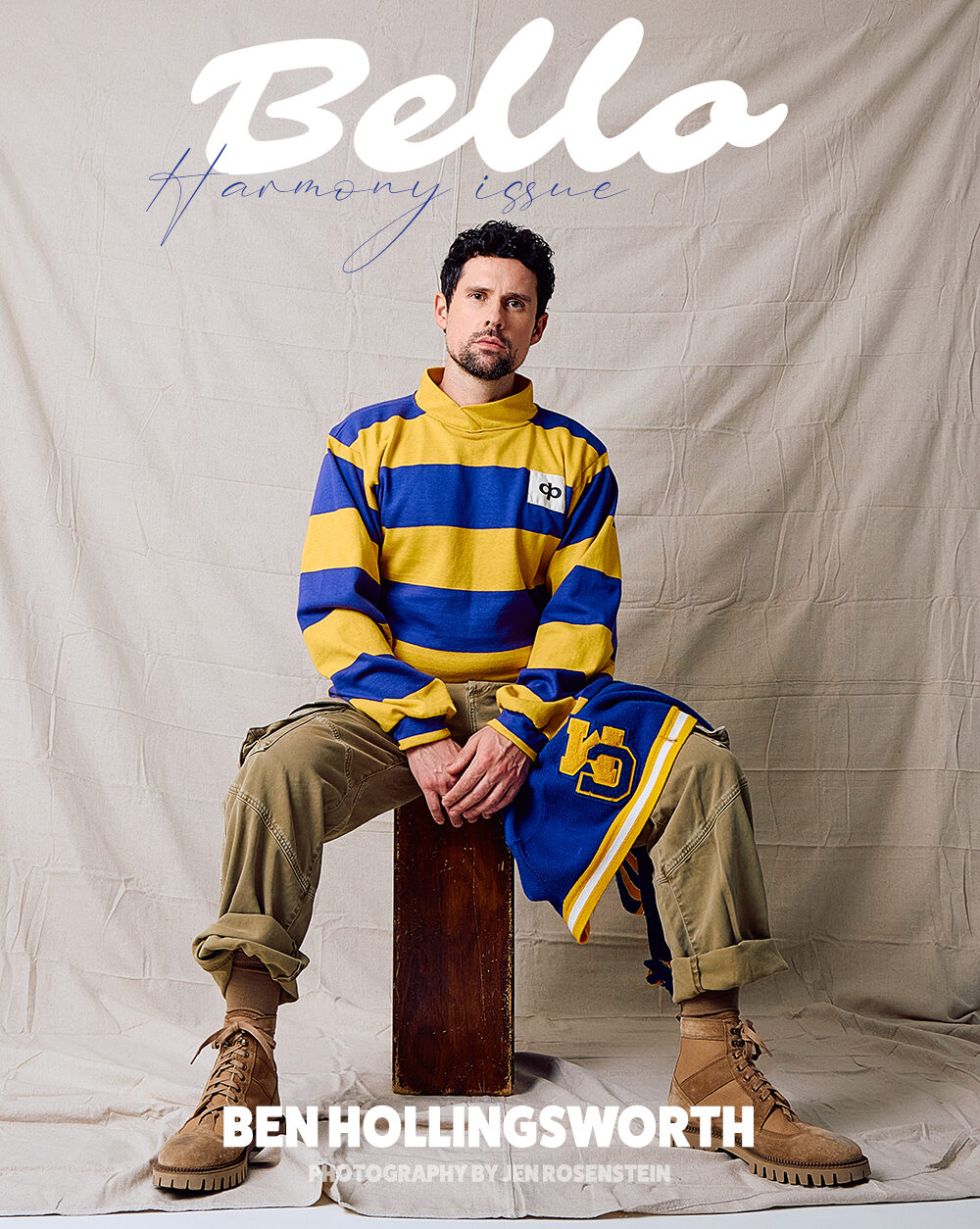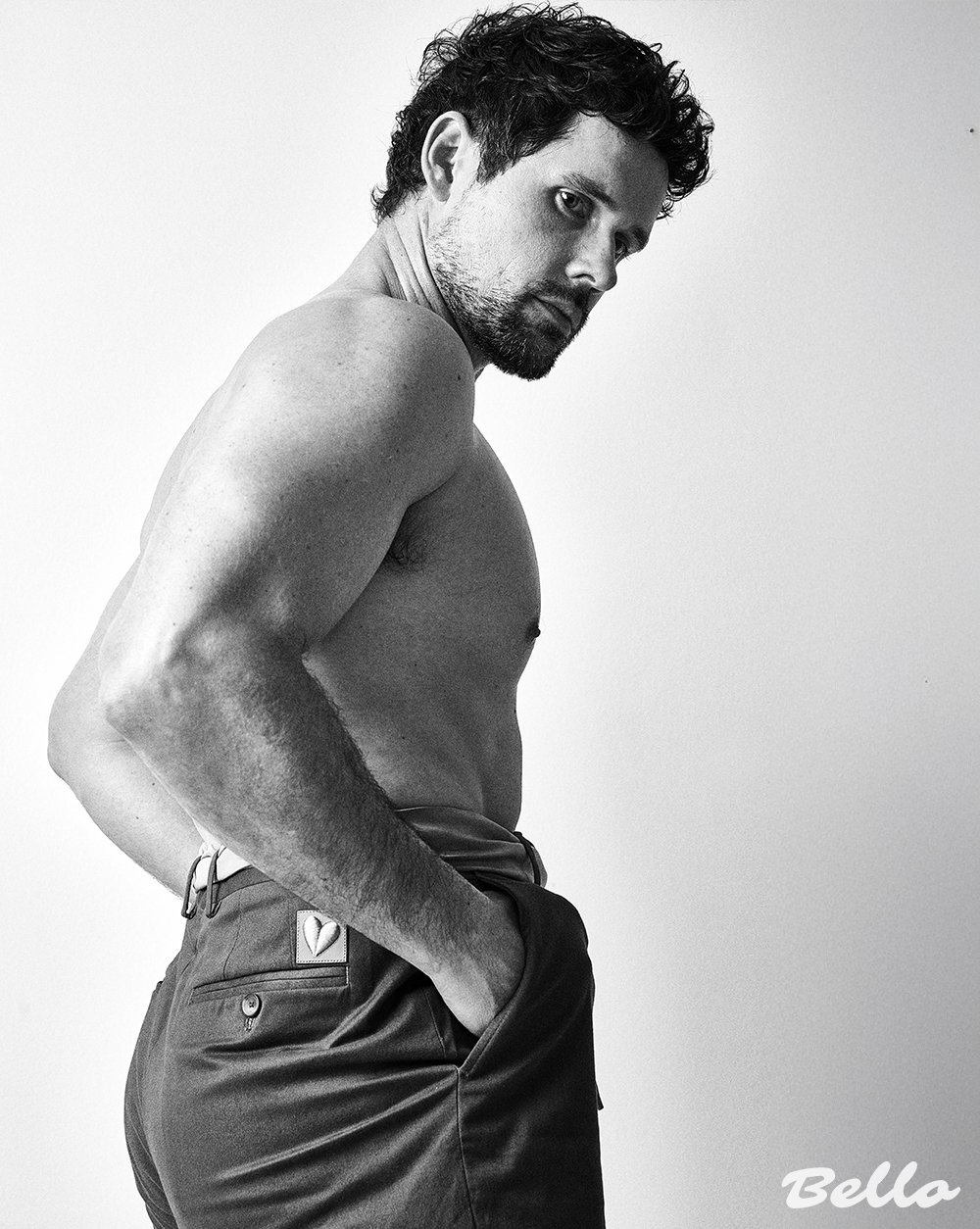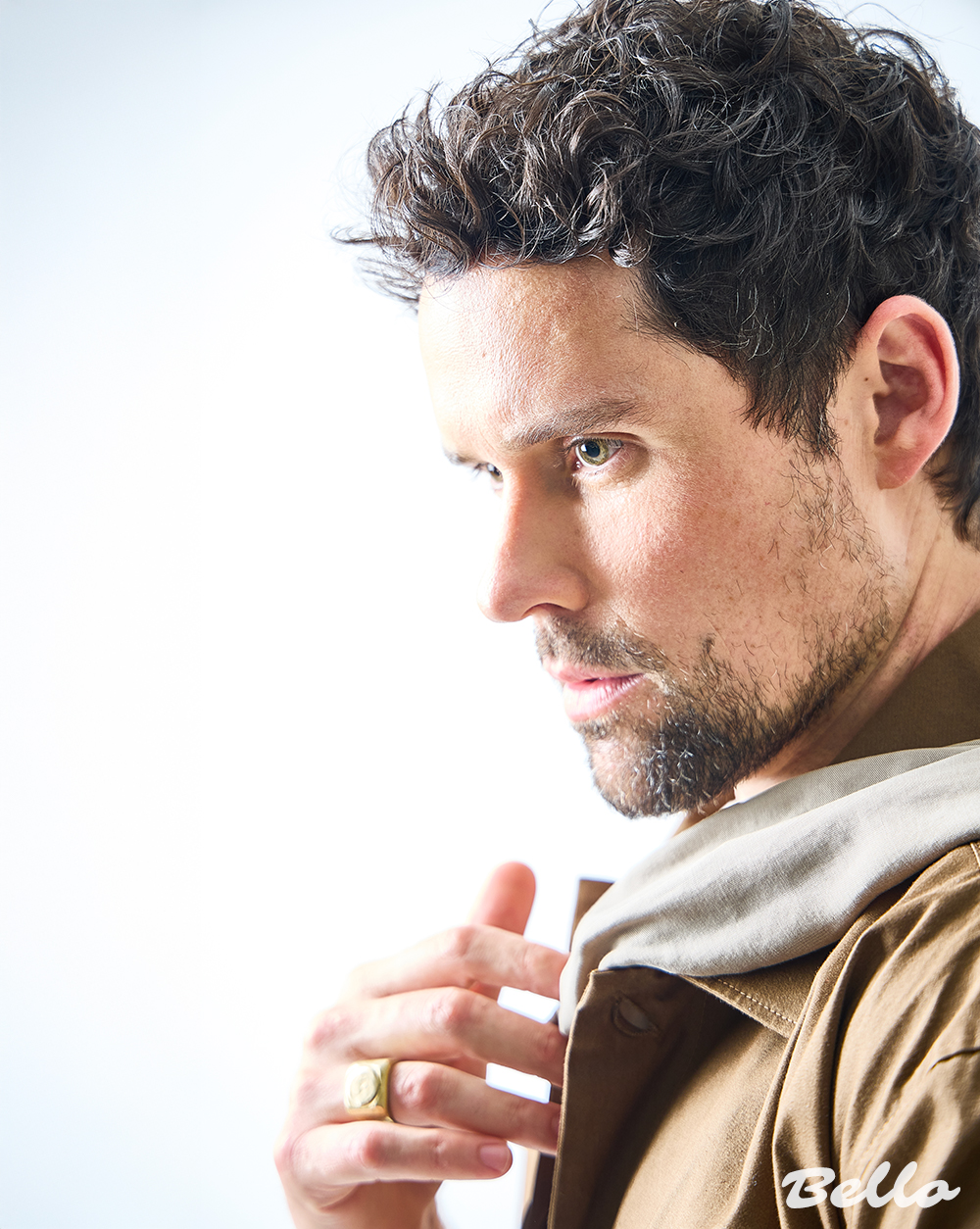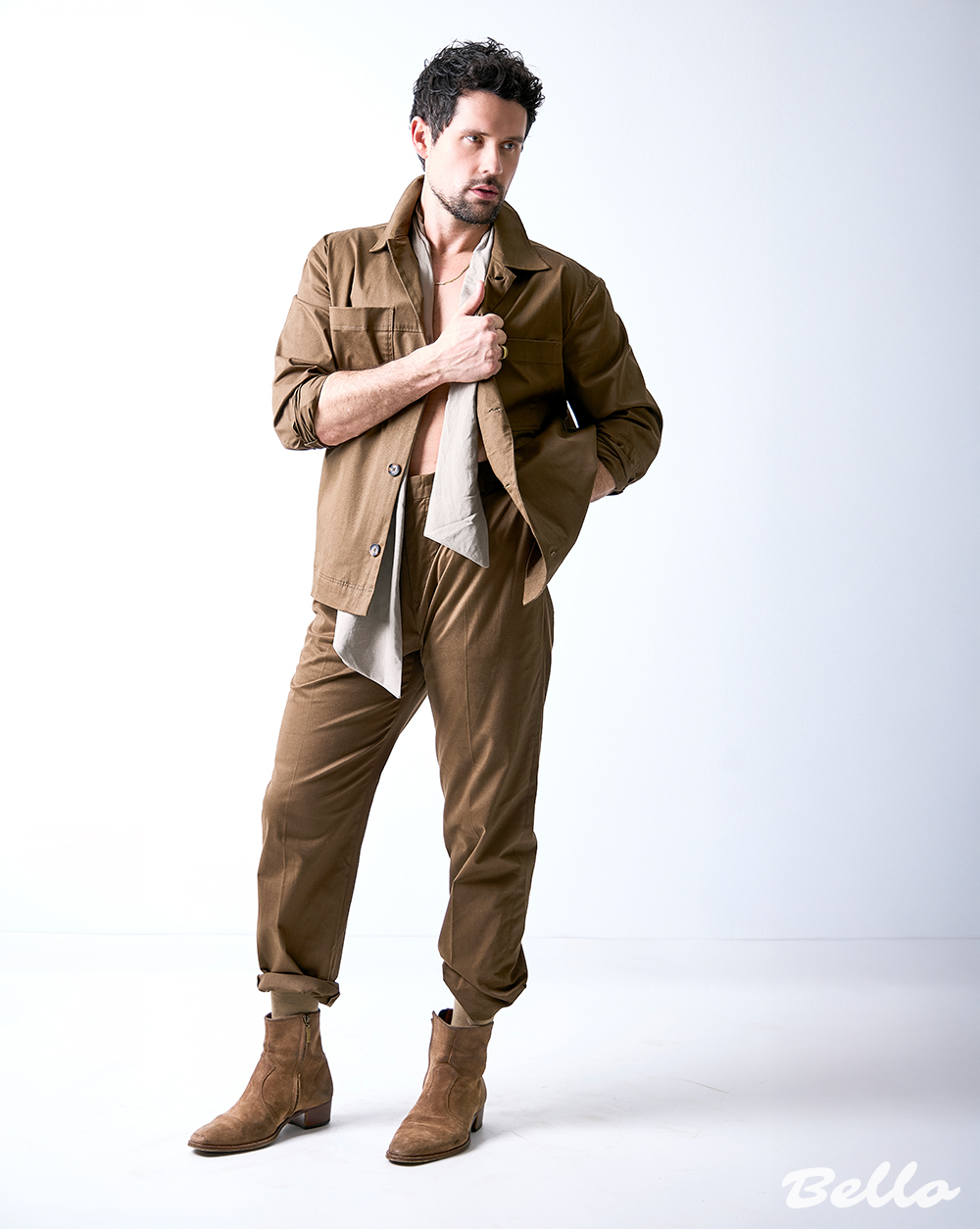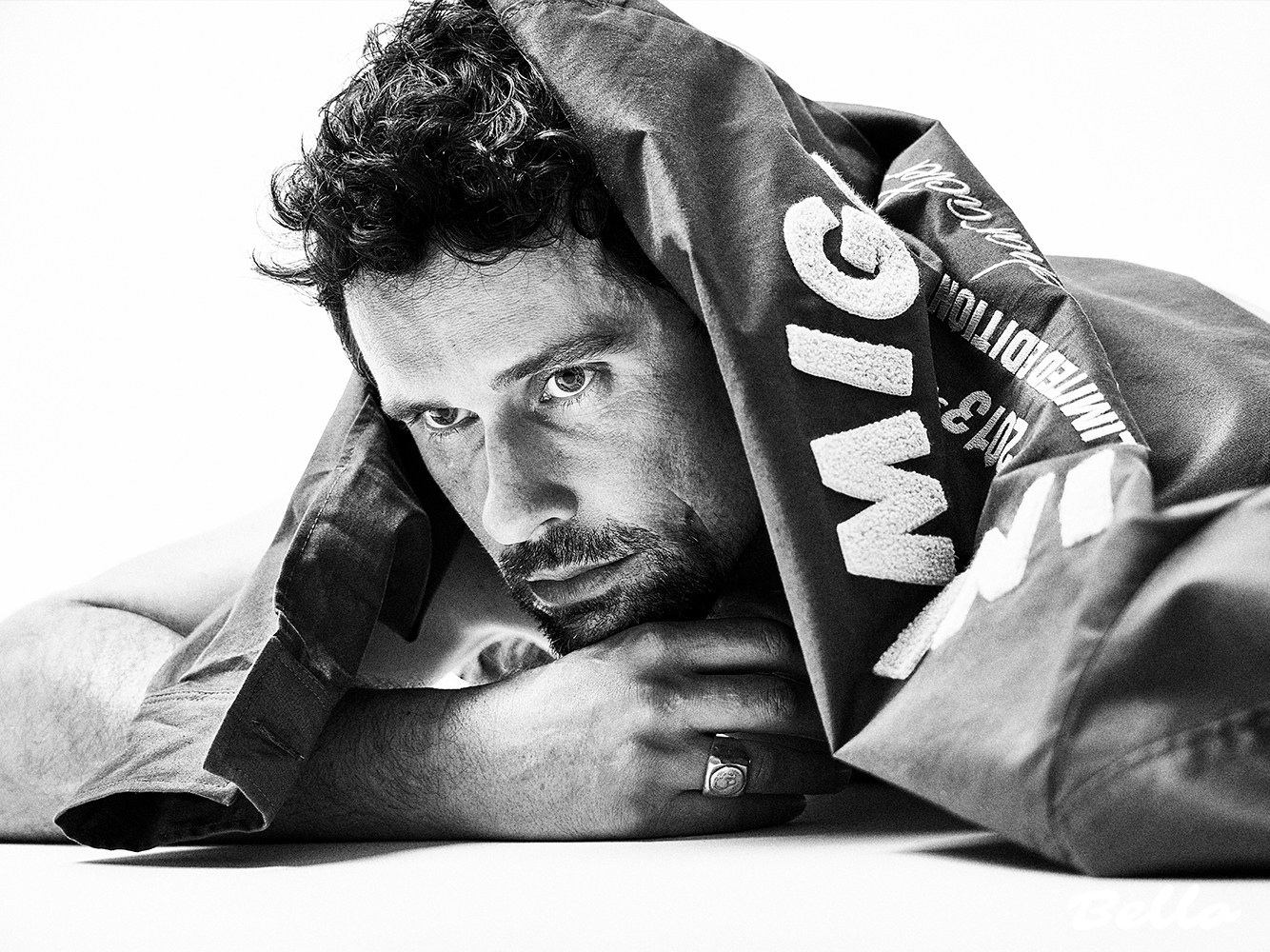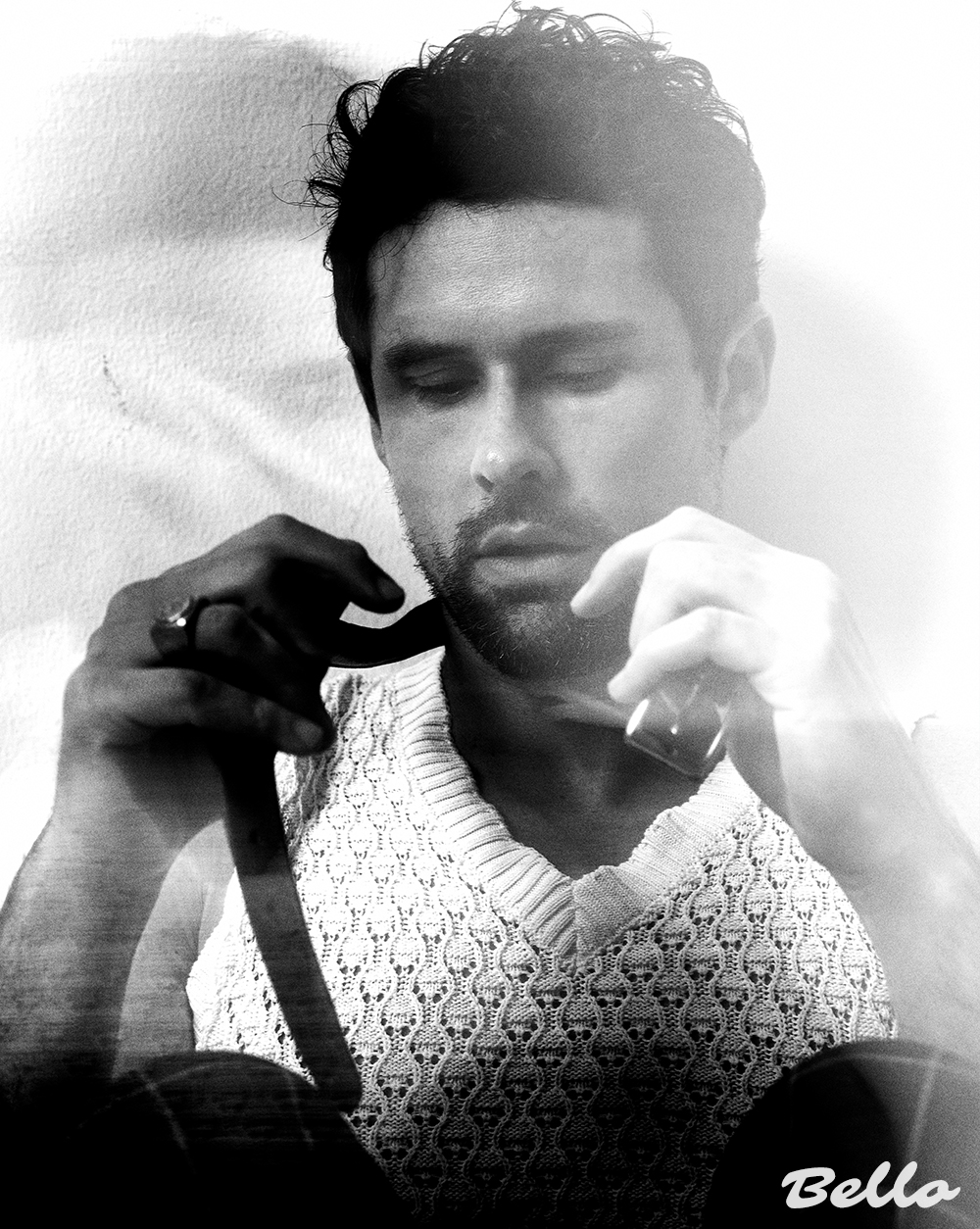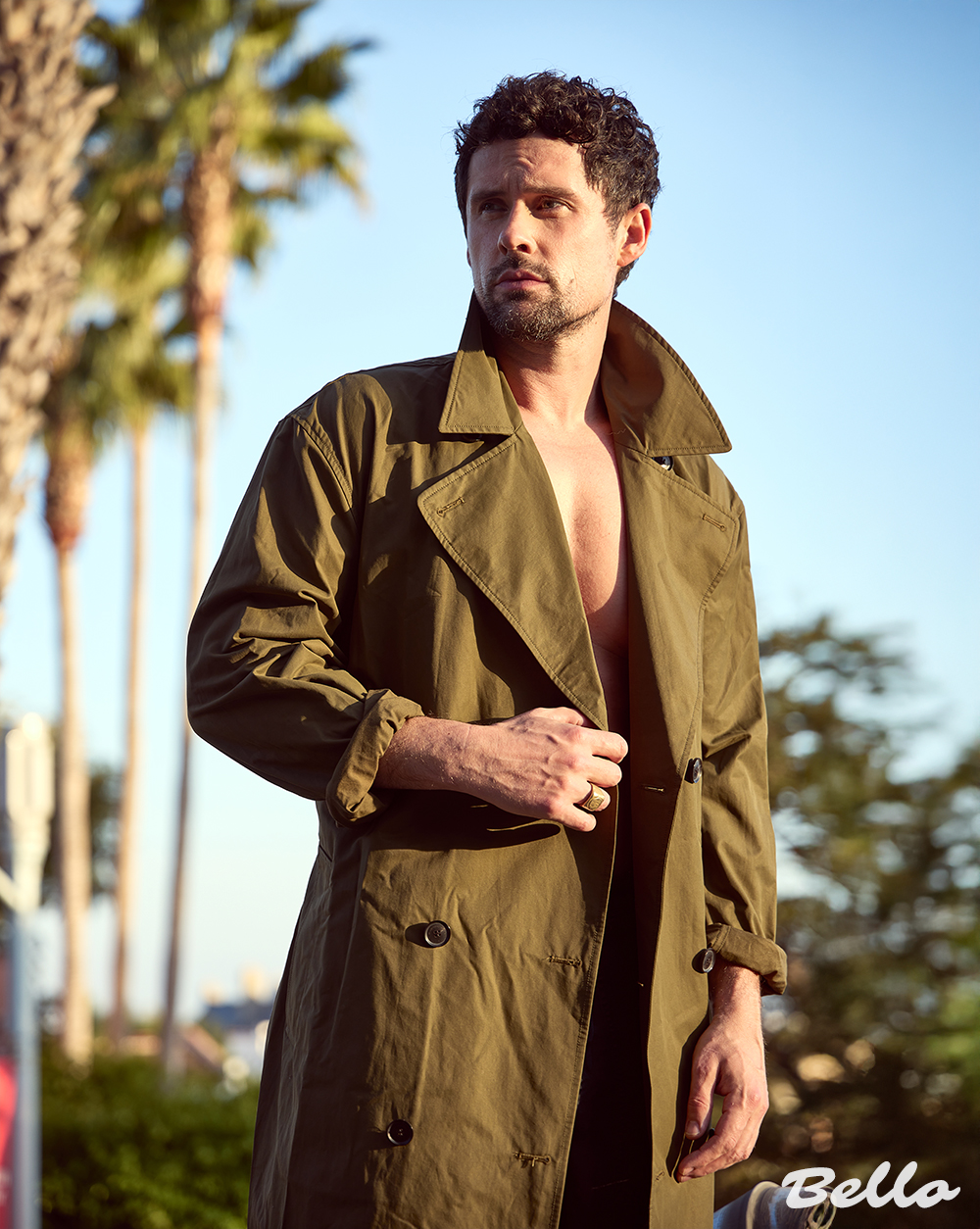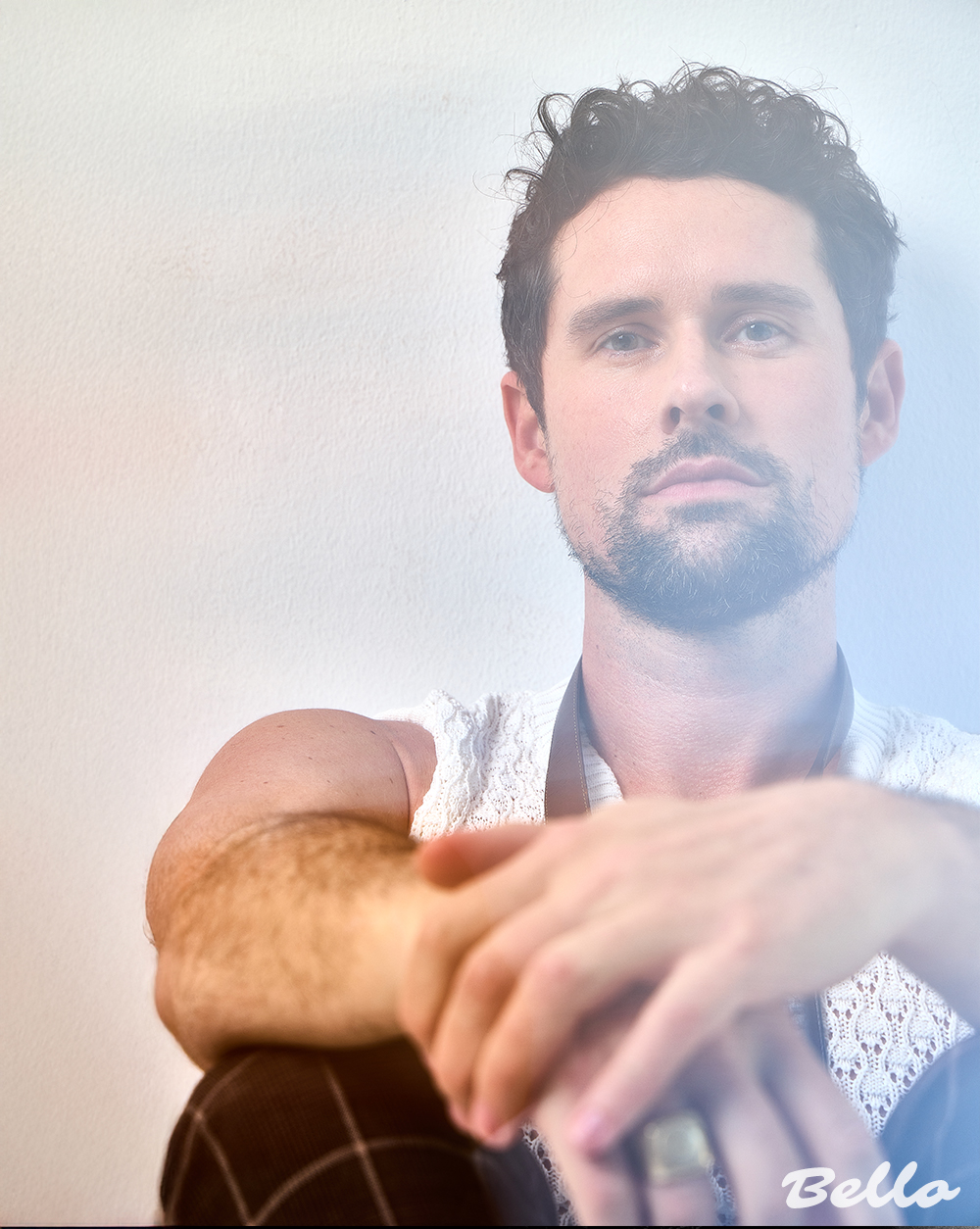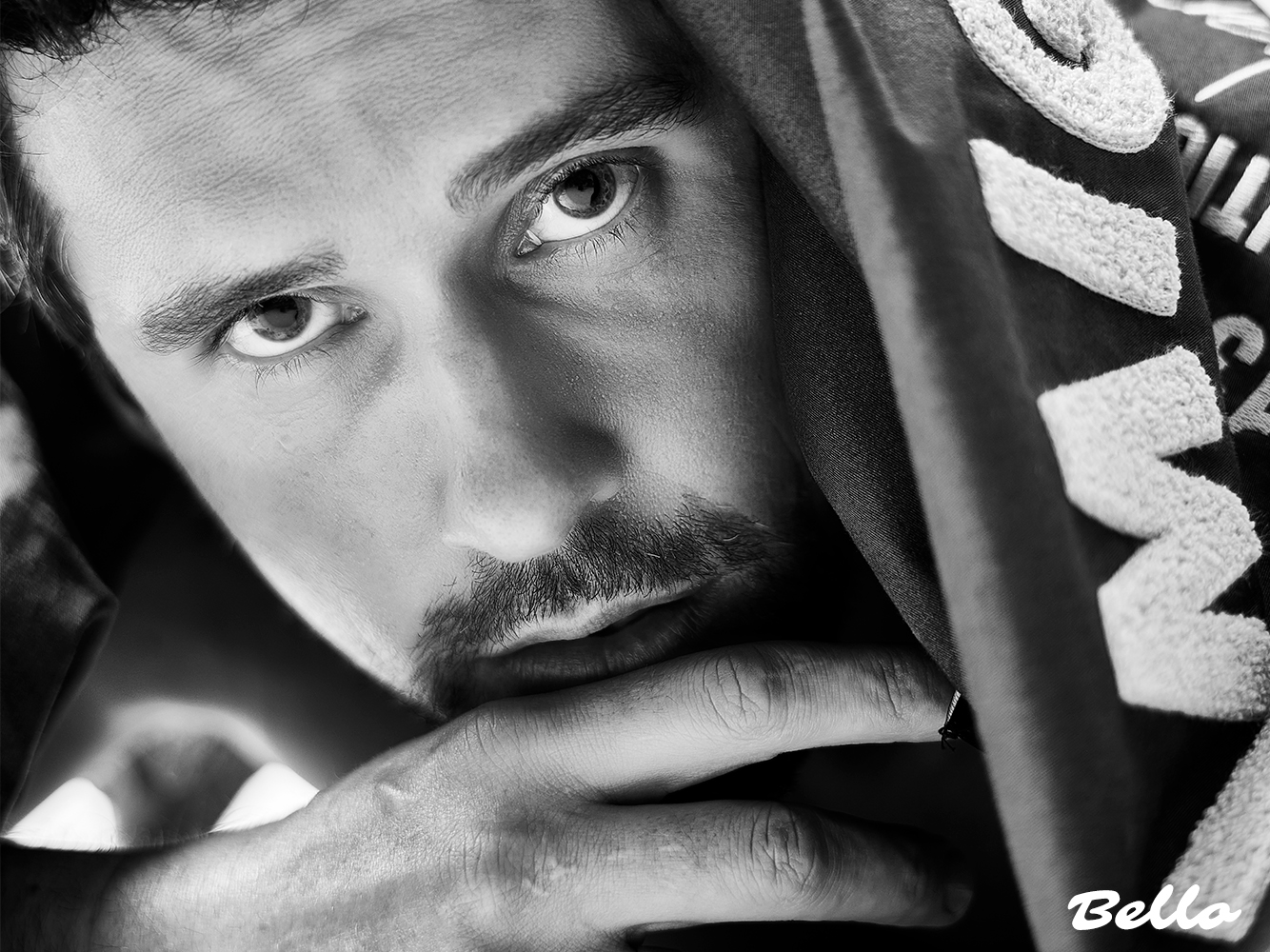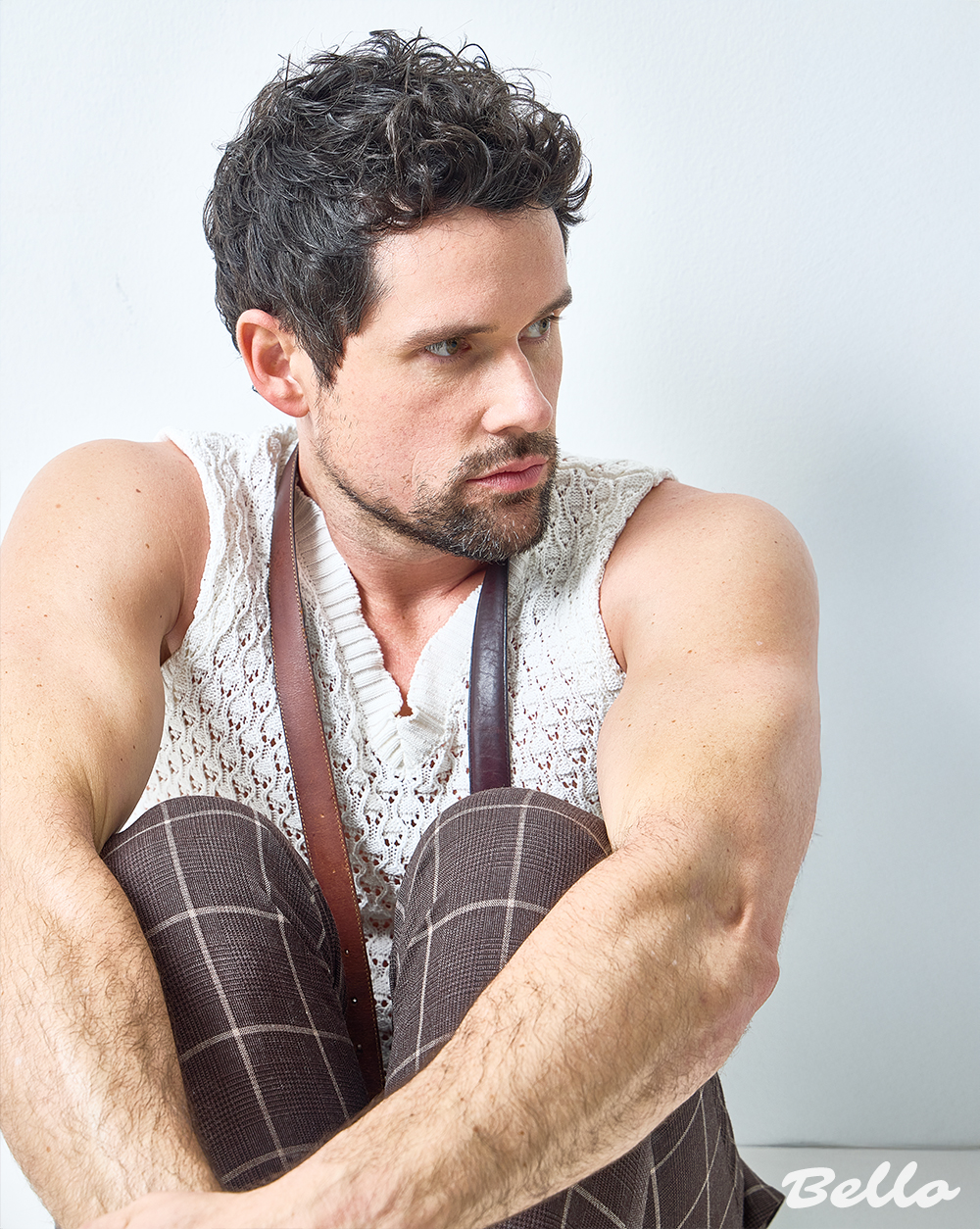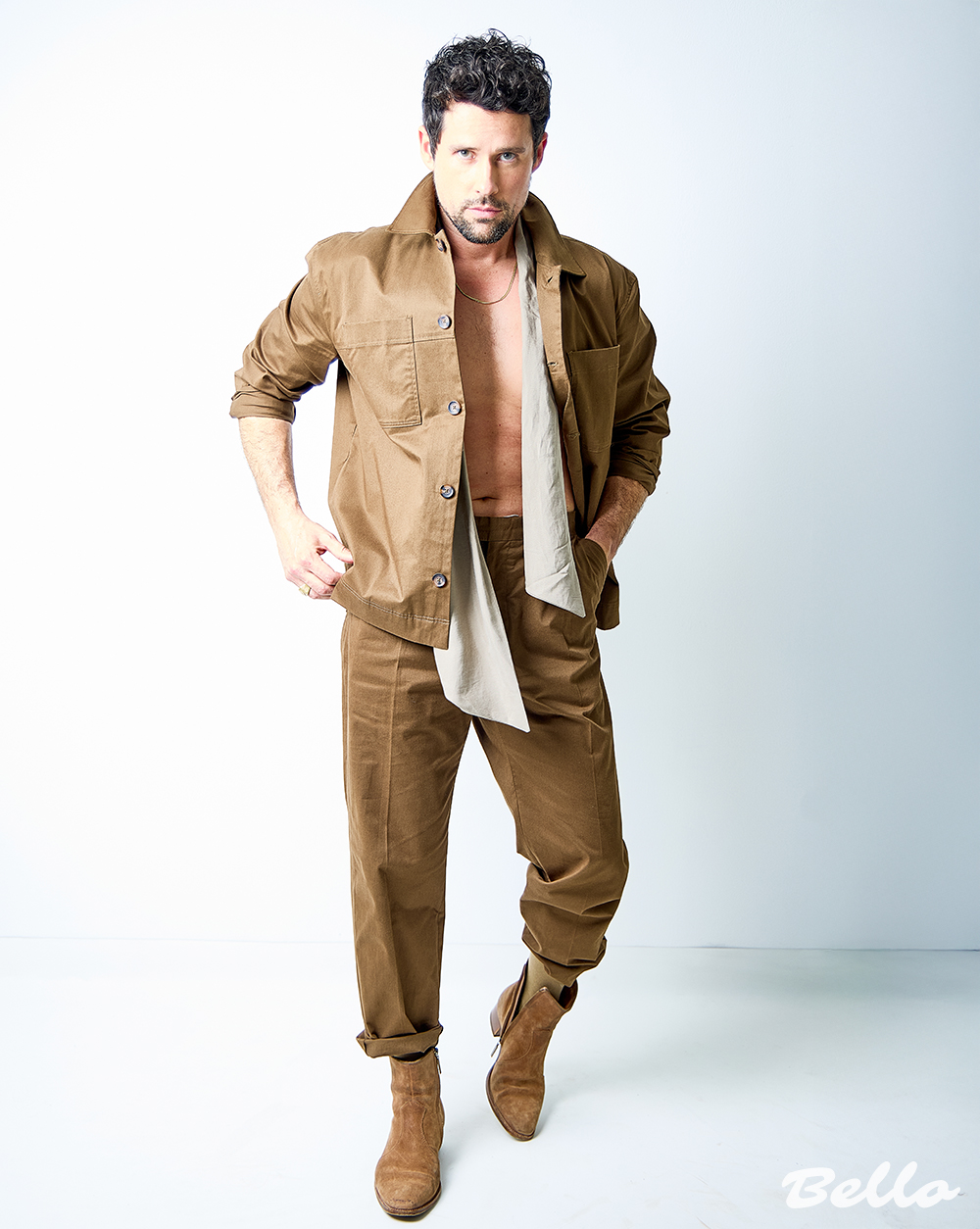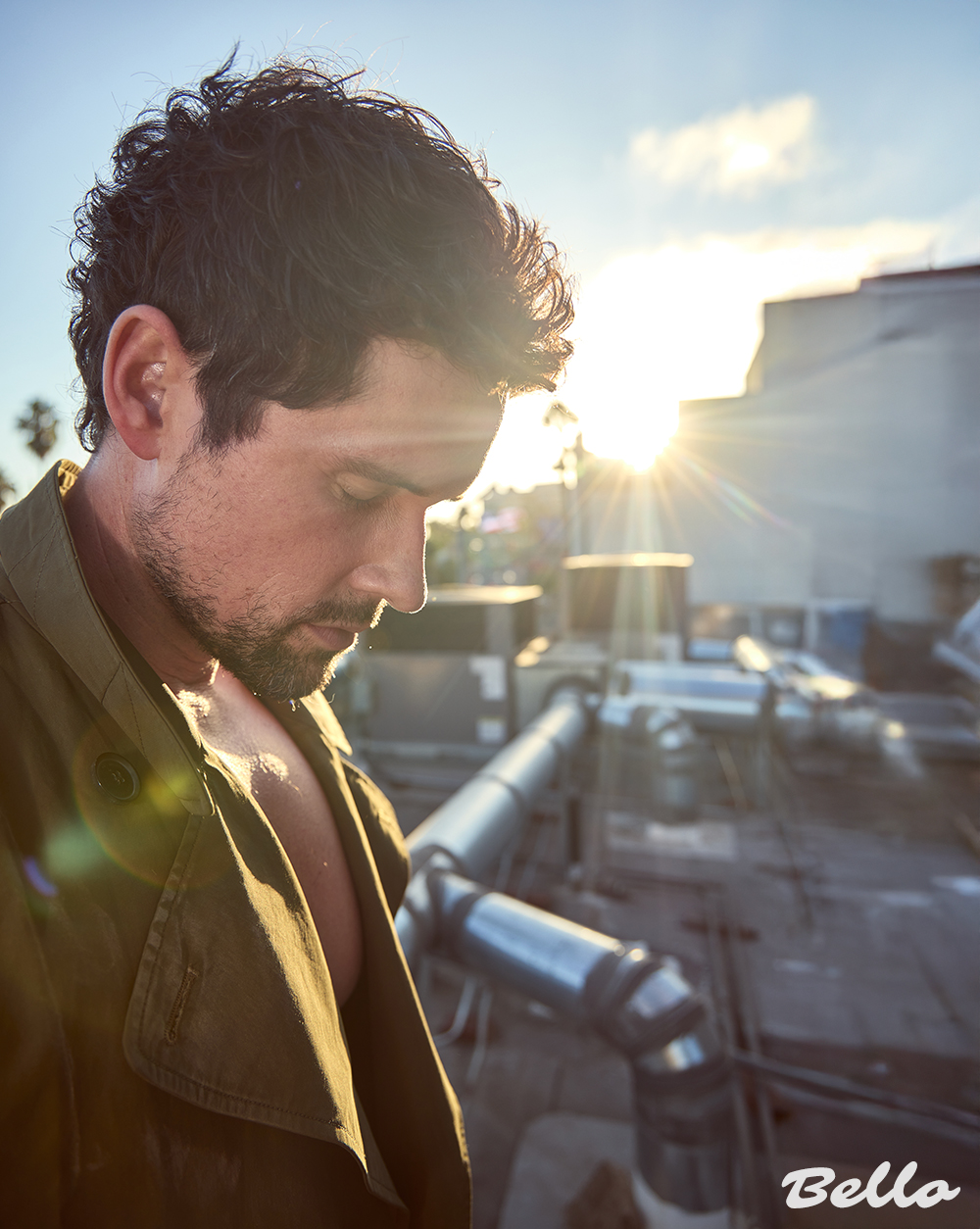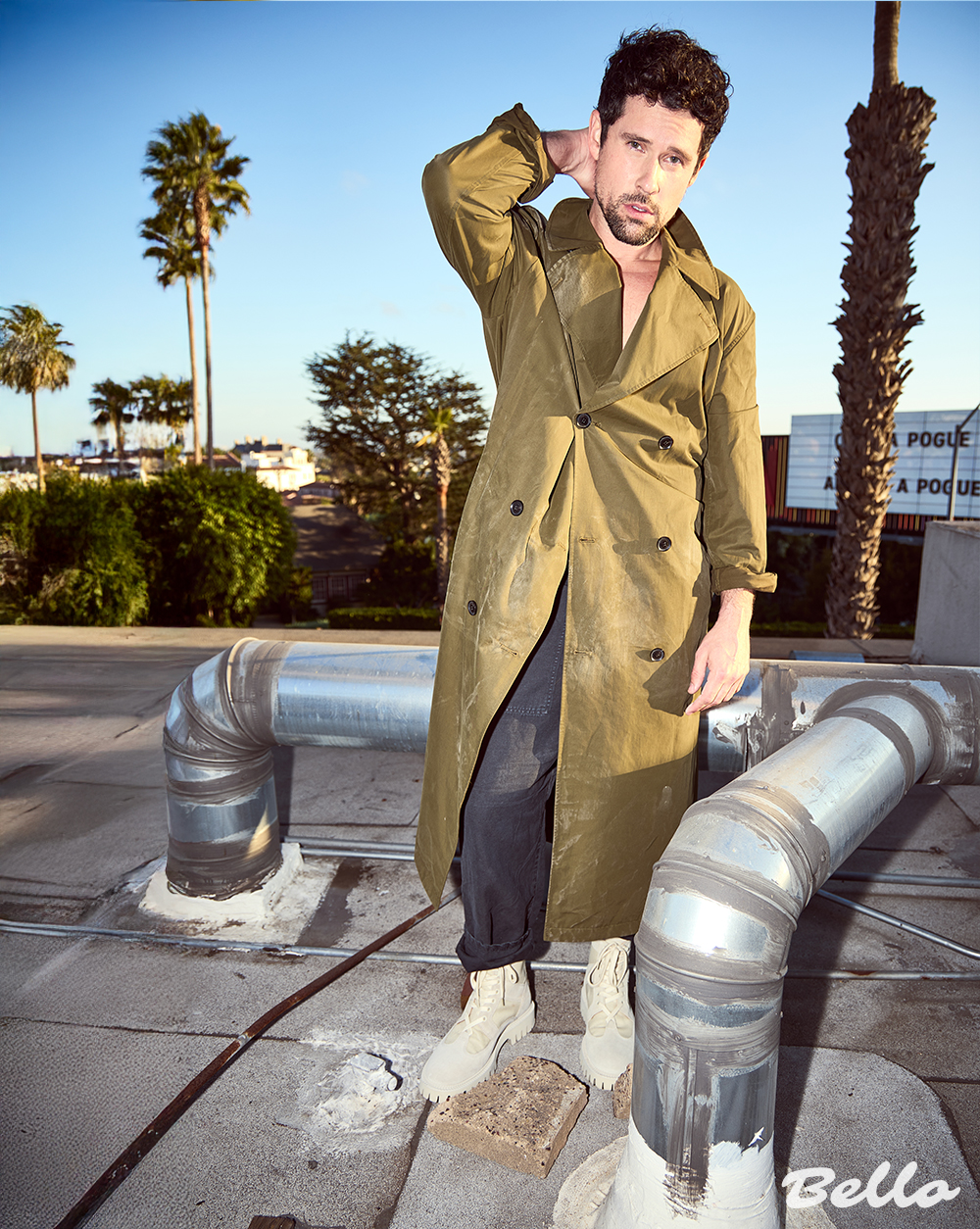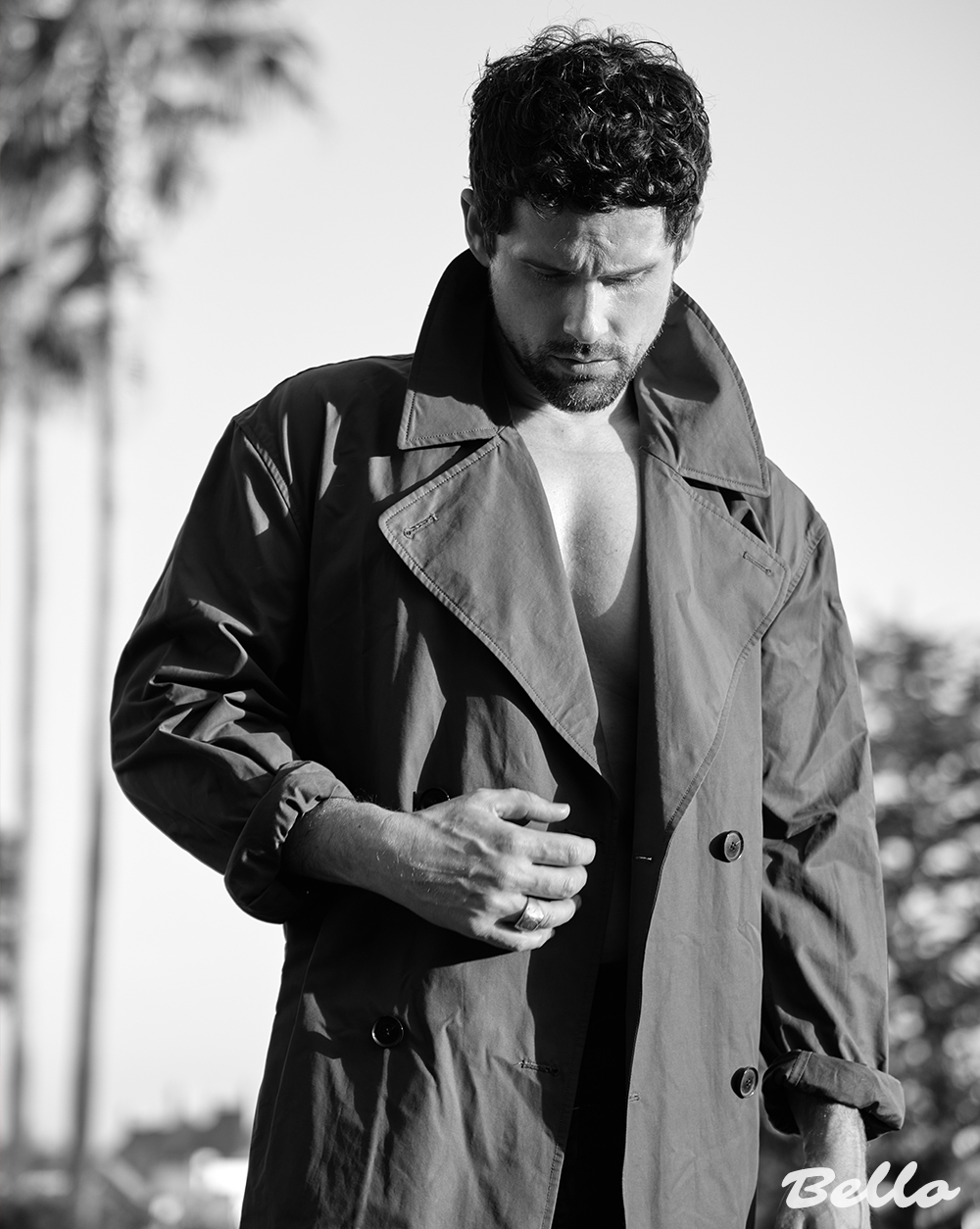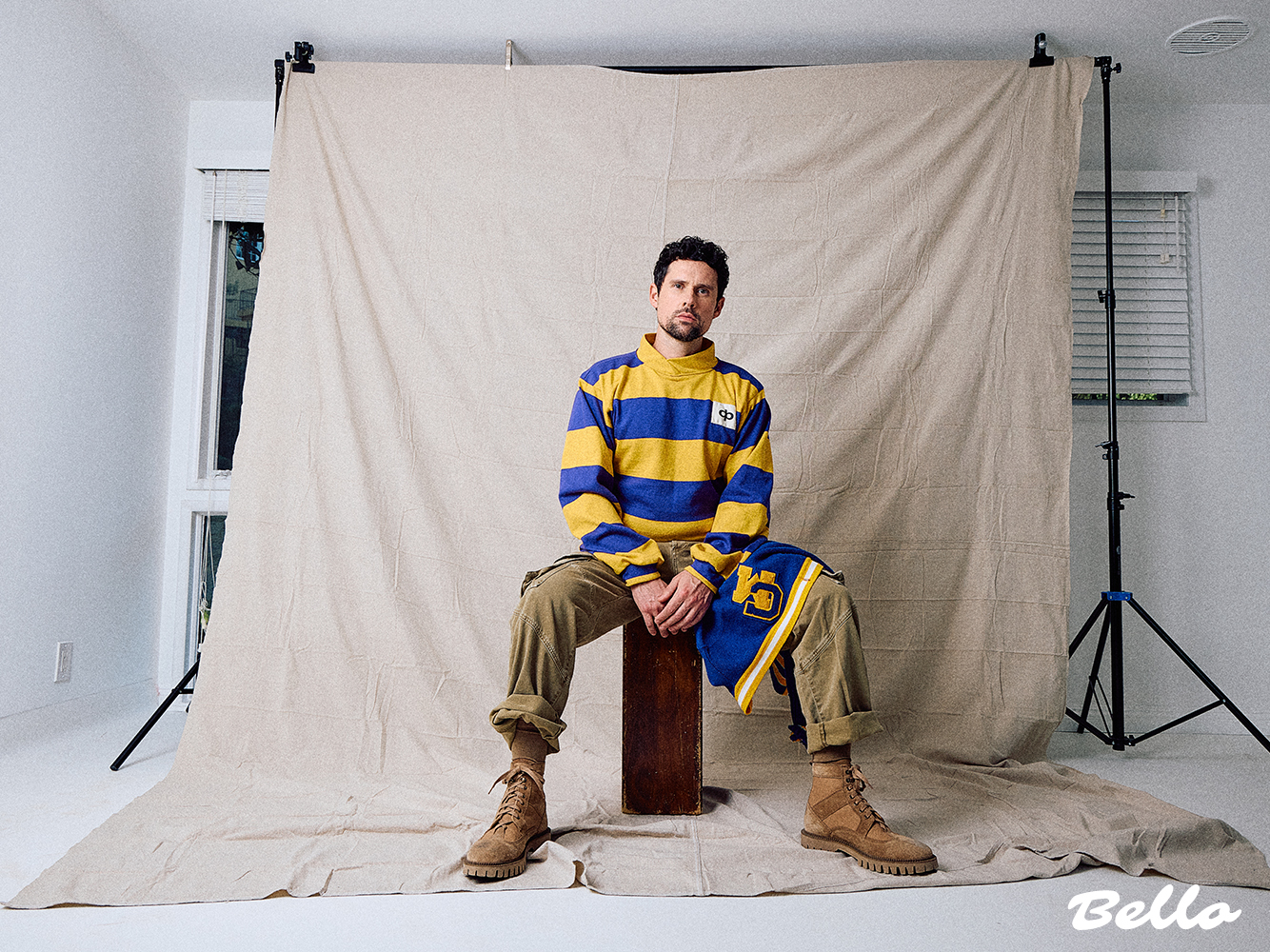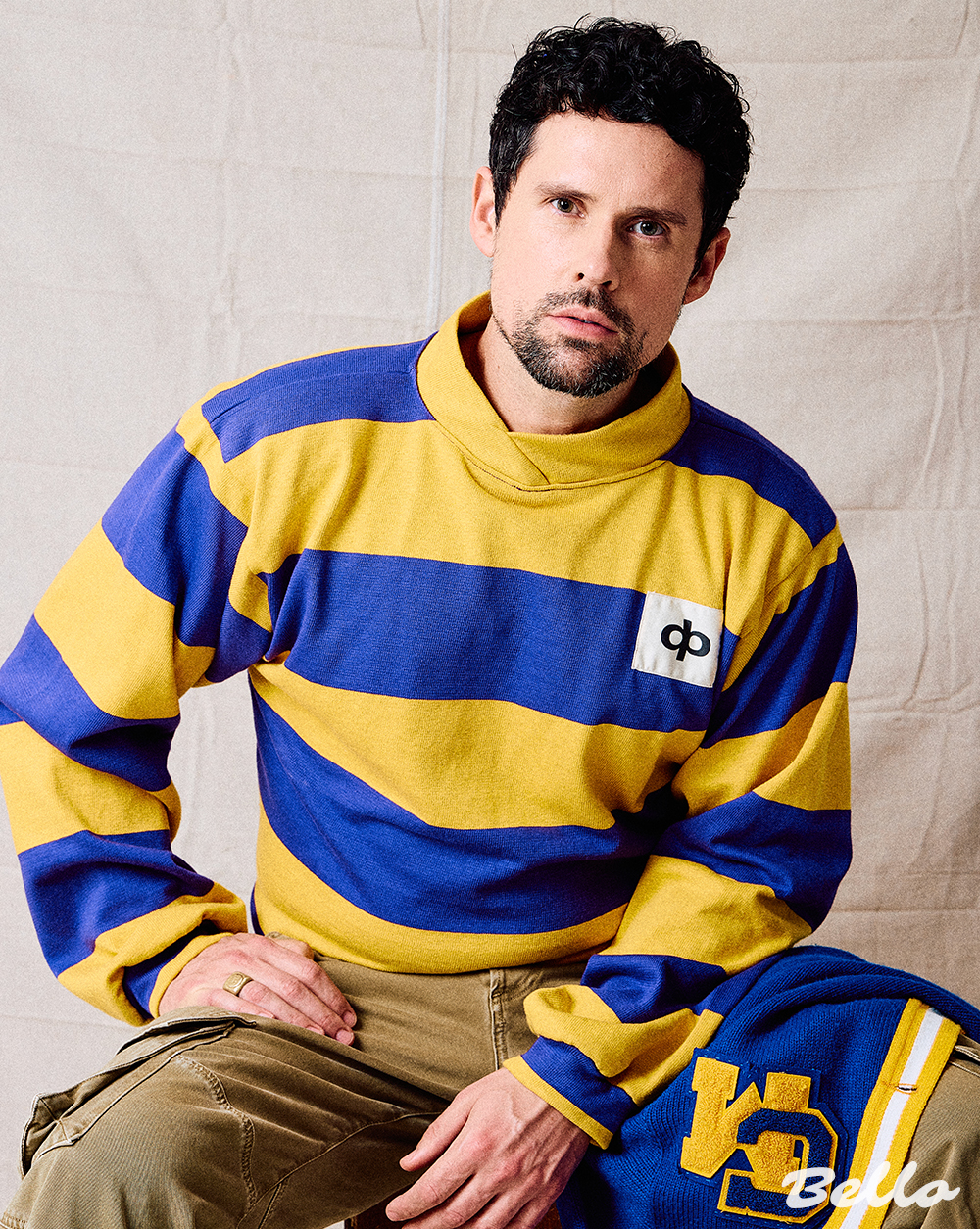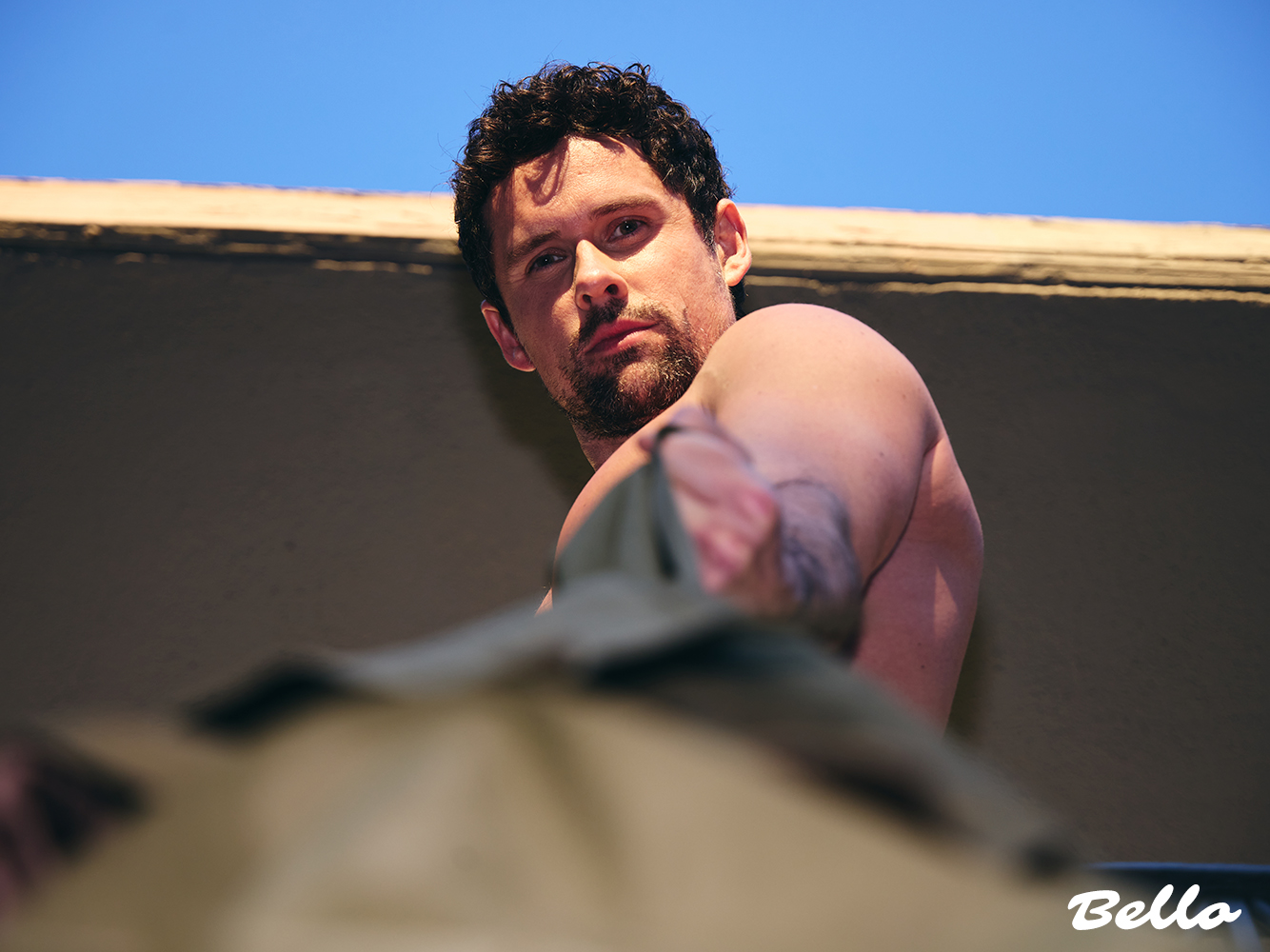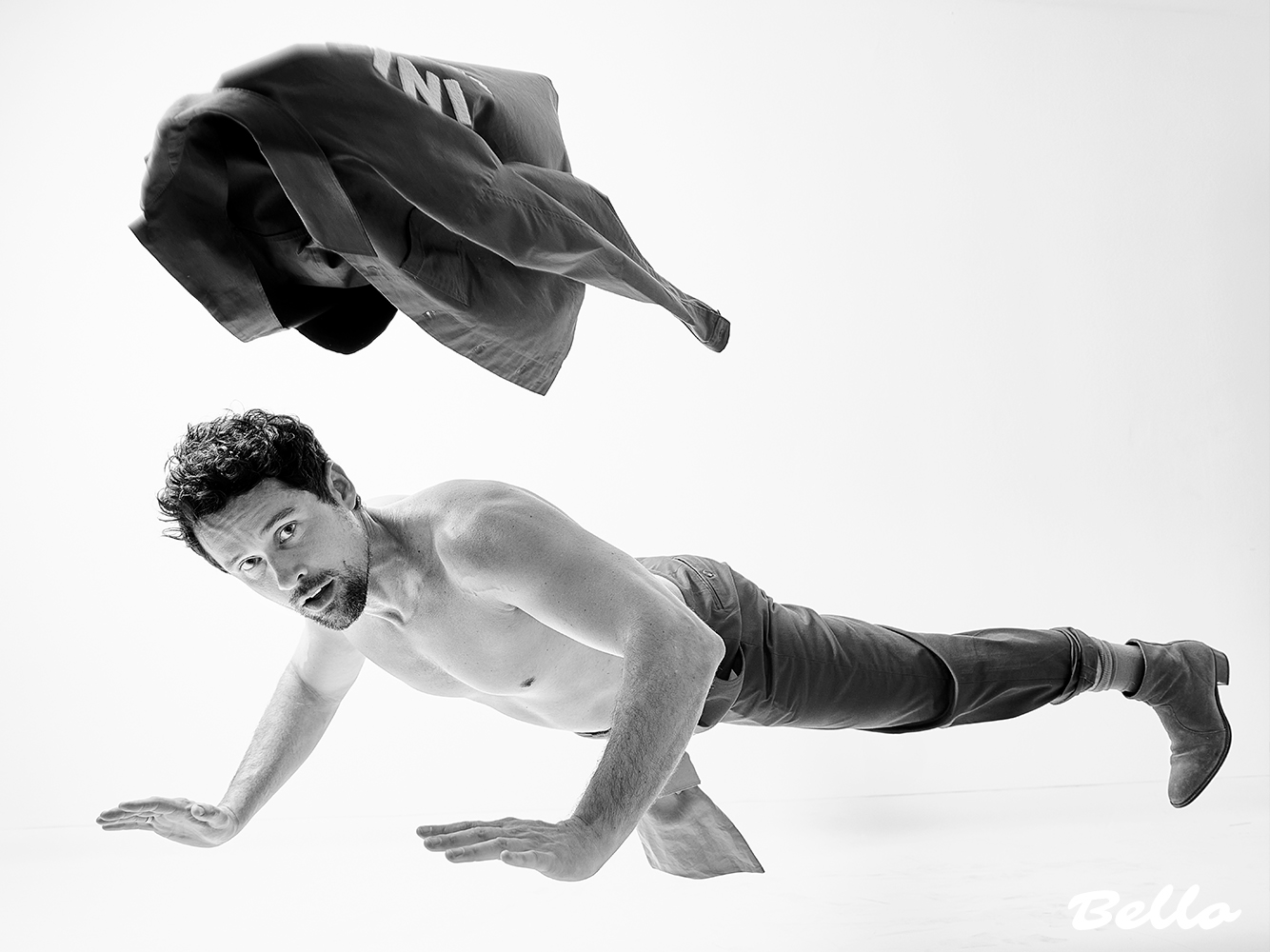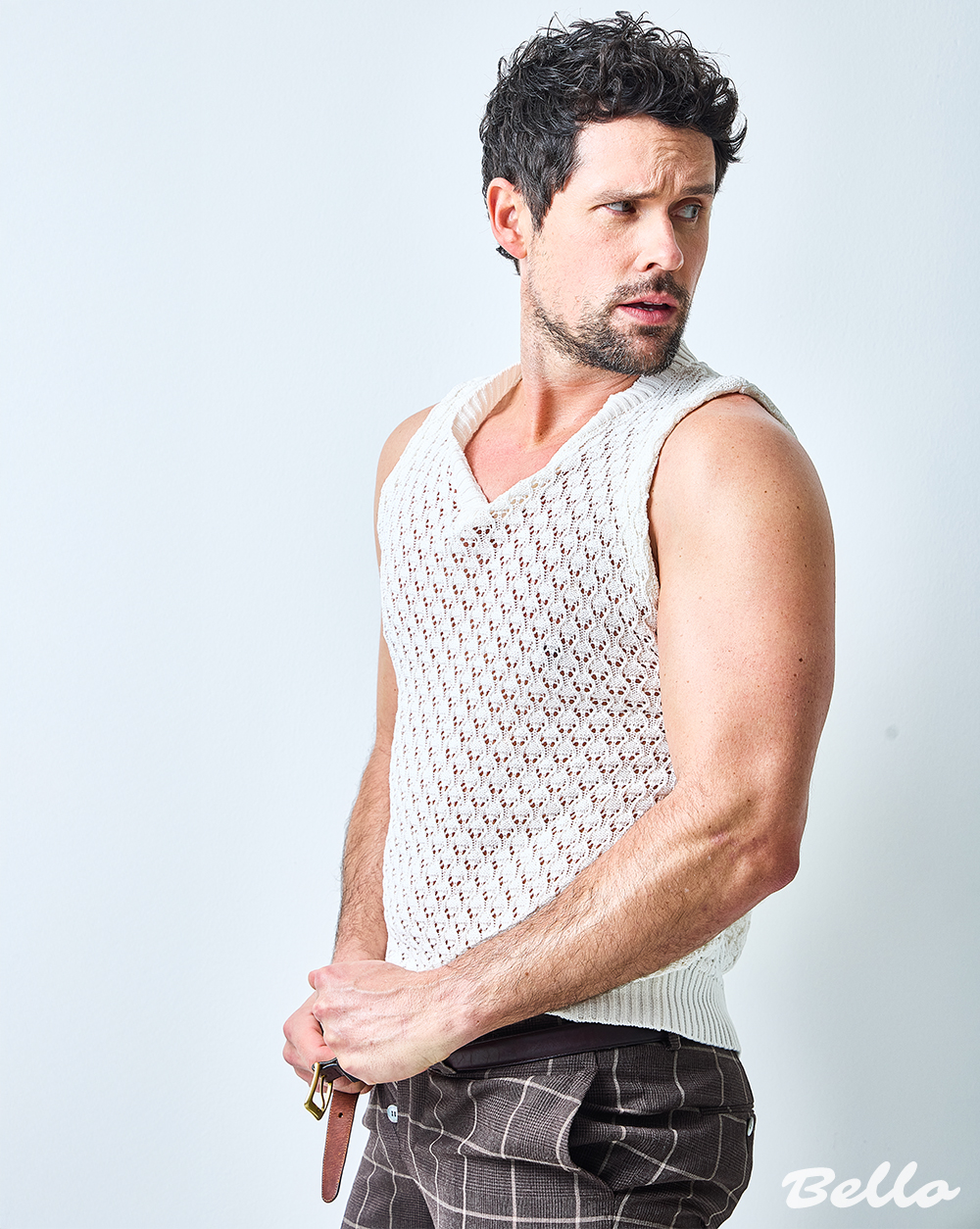Benjamin Hollingsworth
A Journey of Authenticity and Resilience
In an industry driven by fleeting moments and shifting trends, Benjamin Hollingsworth consistently proves that artistry and authenticity transcend the screen. From his breakout role in The Joneses to embodying complex characters in Code Black and the phenomenon that is Virgin River, Benjamin’s career exemplifies reinvention and resilience. With a new season of Virgin River captivating audiences and his Hallmark holiday films spreading cheer, we take an opportunity to delve into the mind of a performer who masterfully balances drama and delight. Benjamin shares his thoughts on universal themes like community, growth, and storytelling, offering fresh insights into his craft, career, and enduring passion for his characters. Whether navigating the emotional depths of Brady or bringing holiday joy, Benjamin’s journey is one of inspiration, creativity, and heart.
“Virgin River” has become a cultural phenomenon, and the new season continues to resonate with fans. What do you think connects viewers most with your character and the series as a whole?
I get asked this question a lot, and I’m not sure if there is just one thing that makes Virgin River resonate with such a large audience. If I were to guess, it would be community. In Virgin River, everyone is connected by the land they share. The community rallies around one another. They are bound by a sense of duty that everyone in Virgin River subscribes to. The “we are in this together” ideology is something that feels rare in today’s society. Especially since the pandemic, our world has grown increasingly used to division. We’ve become more familiar with strangers on Instagram than with our own neighbors. That’s unfortunate. I think Virgin River reminds us of the warmth and sense of belonging that comes with being part of a close-knit community.
And when it comes to Brady? I believe an inherent part of being human is the struggle to be our best selves. We all make mistakes. All good people do bad things, and all bad people have done good things. Nothing is black and white. So, when we see a character actively trying to be a better person and overcome challenges, we root for them—especially when we see them in an unjust situation. Brady always seems to find himself in the crosshairs of trouble. It’s hard not to cheer him on as he works his way out of it.
From playing Demi Moore and David Duchovny’s son in The Joneses to the hunky doctor in Code Black, and now leading Virgin River, how do you think your career has evolved over the years?
Every actor’s career is inevitably filled with peaks and valleys, and that’s certainly been my journey. Each high and low point is often accompanied by a lesson. It’s through navigating these departures that one evolves. So, along with my successes, I also owe some of my success to my failures.
You’ve worked with some legendary actors like Marcia Gay Harden, Rob Lowe, Liam Neeson, and Laura Dern. What’s the best piece of advice you’ve received from any of them?
David Duchovny had a fart machine that he would bring to set. He used it to break any stiffness in a scene. When things got too melodramatic or rehearsed, all of a sudden, I’d hear a fart. I’d look over, and he would smile and wink, then show me the little device in his hand. Marcia Gay Harden taught me the importance of leading by example. She is a dame in every sense of the word and truly embodies what it means to lead a set. She’s kind, compassionate, strong, empathetic, and 100% authentic. I find it’s not only the legends I learn from, but sometimes it’s a journeyman actor who’s been doing this for a long time, even though you might not know his name. Or it’s learning from a sound guy, a camera operator, or even the lighting gaffers. Everyone has a function on set, and an actor can always help each department do their jobs more effectively, and vice versa. It’s such a collaborative industry.
With Virgin River and your Hallmark films being fan favorites, how do you balance switching between intense dramas and feel-good projects?
I love acting. I love it so much that sometimes it feels like it might be an addiction. When I’m doing it, I’m the happiest man on earth. When I’m not, I feel like something in my life is missing. One thing that I’m drawn to is variety. I want my roles to feel different. A unique character keeps me engaged in whatever story I’m telling. Each character has an element of me hidden inside them. Sometimes there are parts of me that don’t belong in a character, and other times there are parts of me that I need to dial up because they’re exactly who the character is. It’s all about figuring out what’s right for the character and the story.
Hallmark is known for its warmth and charm, and you’re leading Christmas with the Singhs and Deck the Halls on Cherry Lane. What makes holiday films so magical for you as an actor?
I loved Christmas growing up, and of course, I still do. Maybe it’s a bit of nostalgia or maybe it’s my inner child wanting to relive those core childhood memories. Whatever it is, it certainly does bring people a lot of joy. I think Christmas is a special time of year for everyone, and watching Christmas movies is the perfect way to get in the spirit or remember Christmases from their past.
Virgin River’s coincide with other projects of yours. How do you handle the excitement and potential pressure of simultaneous launches?
You know, it’s funny because this isn’t the first time I’ve had a season of Virgin River and a movie launch close together. For me, it really doesn’t make much of a difference—aside from more interviews, that is. 🙂 This year, I’ve had my hands full juggling work and family, but that’s the kind of balance I enjoy. The joy of connecting with audiences through multiple projects at once is something I truly appreciate, and I try to savor every moment.
What’s one behind-the-scenes story from the set of Virgin River that fans would be surprised to learn?
Everyone in the cast loves to dance. So on set at 5 PM every day, we all pause, music comes on, and we all dance. We spend about five minutes with the crew, pausing what we’re doing to blast some tunes. We dance around high-fiving one another. It’s ridiculous, but it’s a morale booster and keeps things light on set. We really do act like a big family. We are equally as close to our crew, who have been with us for six seasons now. There are some BTS dance videos circulating out there for anyone inclined to dig them up. 🙂
You starred in the remake of the cult favorite Rabid. How do you prepare for roles in remakes of such iconic films, knowing there’s an existing fan base with high expectations?
First off, I think you have to set out to create something new. As much as everyone is expecting the same product, it’s actually not what makes a good remake. Reimagining it is the key—finding a new story or a similar one and using the tone of the original as a guide. No one can replicate the mastery of David Cronenberg, so it’s about using what he created as inspiration to pay homage to the iconic film. It’s not an easy journey to navigate. Right out of the gate, there are going to be high expectations.
You’ve transitioned seamlessly between TV, film, and streaming platforms. How do you think streaming has changed the opportunities available to actors today?
There’s a shift that has been happening for the better part of a decade now. There are more films and TV shows being made by streamers like Netflix. It’s allowing more content to be made for audiences all over the world. With traditional linear TV, there was often a brand or a feel to a network that needed to be protected or curated. That has dissipated in the streaming world. They are open to telling all kinds of stories for all types of viewers. There is a creative freedom that comes with that shift. A show no longer has to abide by a brand. The outcome is more diverse and unique storytelling. As an actor, that shift is freeing.
Photography JEN ROSENSTEIN @JenRosenstein
Styling MICHAEL FUSCO @MikeyStyles
Grooming GENEVIEVE GARNER @_BeautyByGG_
Studio BLVD STUDIO SUNSET @BLVDstudioSunset



